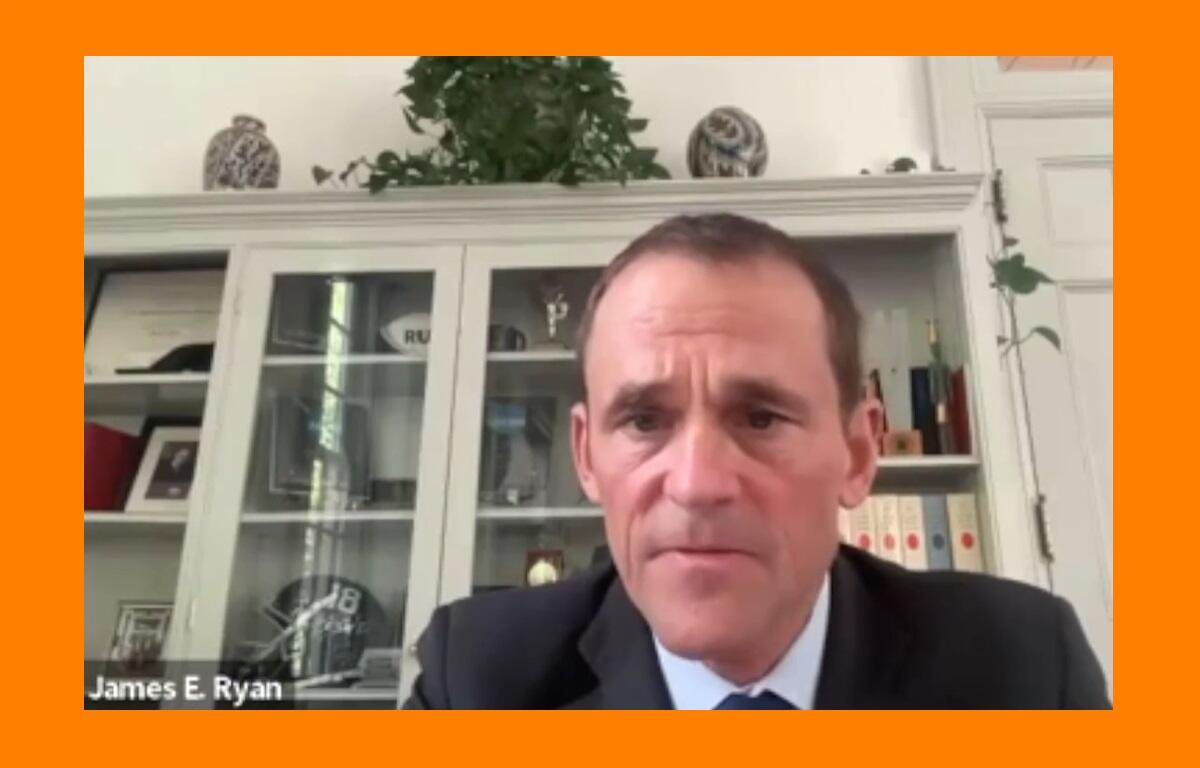CHARLOTTESVILLE, VA (CVILLERIGHTNOW) – Former federal prosecutor and UVA alum Tim Heaphy provided in-depth legal analysis and personal insights regarding the recent escalation of protests at the University of Virginia. The protest, organized by the “University of Virginia Liberation Encampment for Gaza,” saw tensions rise significantly on May 4th, leading to a police intervention that has sparked considerable debate and criticism.
Heaphy, who has previously served as the general counsel for UVA and authored the 2017 report on the Charlottesville protests, defended UVA President Jim Ryan’s decision to call for police intervention. Heaphy emphasized the difficult position Ryan was in, stating, “This is one of those situations where there will be criticism regardless of what decision is made. Jim Ryan, faced with a situation that leaders believed had reached an untenable point, made a call prioritizing safety.” Heaphy highlighted the presence of counter-protesters and the refusal of some demonstrators to cooperate with law enforcement as critical factors in the decision to disperse the crowd. “Once the decision was made, the involvement of state police, a blunt instrument by nature, was inevitable in such scenarios,” he noted
Addressing the toll on President Ryan, Heaphy acknowledged the personal and professional challenges faced by leaders in such crises. “He takes this very personally. The diminished trust in his leadership is disappointing, but I believe he stands by his decision as necessary to prevent a potentially worse outcome,” Heaphy said. Heaphy also underscored the importance of the strong inter-agency relationships in Charlottesville, which were notably absent during the 2017 events. “Effective coordination between state, local, and multi-jurisdictional authorities this time around is a significant improvement,” he remarked.
Discussing the legal implications, Heaphy explained the nuanced role of Commonwealth Attorney Jim Hingley, who must evaluate the actions of individual protesters. Hingley has already dismissed charges against some protesters due to insufficient evidence and offered plea deals to others, emphasizing the need to consider individual culpability separately from the collective action against the encampment.
Listen to the full interview with WINA’s Jay James here:



